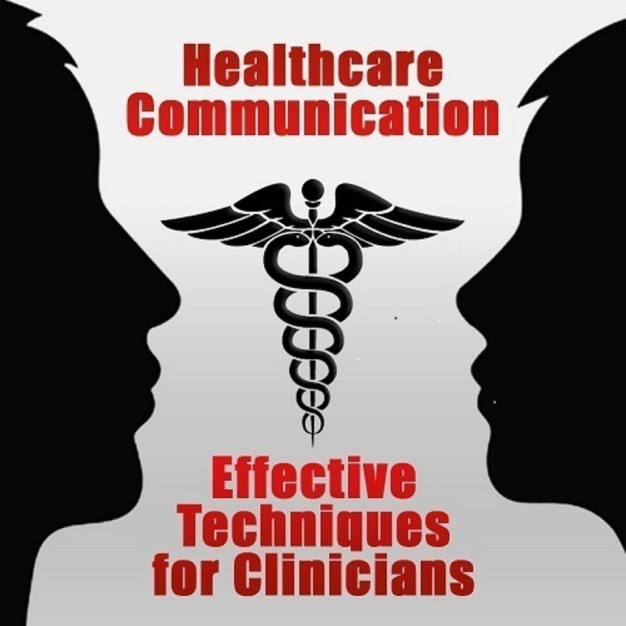
Healthcare Communication: Effective Techniques for Clinicians
DocCom.org
Listen to communication experts in the healthcare industry talk about most effective practices, lessons learned and how to overcome clinician challenges in communicating with patients.
- 22 minutes 17 secondsTeaching Communication Skills
Dennis Novack, MD, founder of DocCom.org, an online communication skills program for hospitals, residency programs and medical schools, discusses the influence of Dr. George Engel, research about the impact of good communication skills and best practices for teaching communication skills. This is the final episode of the podcast. Host Barbara Lewis can be reached at [email protected].
30 November 2019, 8:30 am - 23 minutes 21 secondsHow to Ensure Trainee Well-being
Mitchell D. Feldman, MD, MPhil, discusses how to mentor trainees to help them find their purpose and reconnect with their reason for entering the profession; the steps for integrating personal and professional life; the Japanese ikigai as a guide; traits of compulsivity and three questions at the end of the day to reconnect with purpose.
23 November 2019, 8:30 am - 19 minutes 1 secondIncorporating Relationship-Centered Communication Strategies into Clinical Skills Courses
Rob Shochet, MD, discusses relationship centered communication strategy, three important skill sets, how to use the computer in the exam room and other communication techniques.
16 November 2019, 8:30 am - 19 minutes 1 secondHow to Use Hypnosis to Improve Outcomes
John Christensen, PhD, describes the medical conditions where hypnosis is used and verbal techniques on how to use hypnosis by talking to patients to improve outcomes.
9 November 2019, 8:30 am - 11 minutes 42 secondsThe Ability to Find Joy in the Midst of Tragedy: An Afghan Surgeon’s Perspective
Homa Dost, MD, a surgeon in Afghanistan discusses the challenges in finding joy in her work.
2 November 2019, 7:30 am - 24 minutes 13 secondsEmpathic Communication Strategies
Elizabeth Morrison, LCSW, MAC, discusses the fascinating research on empathy's impact on health outcomes and three important techniques to convey empathy.
26 October 2019, 7:00 am - 16 minutes 28 secondsRemediating Communication Skills in Medical Students
Kathy Cole-Kelly, MS, MSSW, discusses how to identify medical students who need communication remediation and the specific steps she undertakes to ensure they pass Step 2 CS.
19 October 2019, 7:30 am - 21 minutes 37 secondsPatient-Centered Interviewing to Uncover Mental Health Issues
In about a quarter of all patients seen in a year have in a mental health disorder of depression, substance use or anxiety. Unfortunately, clinicians aren't trained on what to do. Oftentimes, the physical symptoms signal an underlying mental issue. Listen to Bob Smith, MD, talk about the red flag complaints and how treating the mental disorder helps the physical ailment. His episode on patient-centered interviewing is one of the top three downloaded podcasts.
12 October 2019, 7:30 am - 19 minutes 14 secondsTrust: Competence, Care, Consistency and Courage
David Pendleton, DPhil, discusses how to sustain trust, how to address a patient when trust is lost and what to do when is trust undermined.
5 October 2019, 7:30 am - 17 minutes 58 secondsSoliciting Goals for Care: The Gateway to Shared Decision Making
Howard Beckman, MD, discusses why every clinician needs to know the patients' goals, how articulating goals improves outcomes and helps the clinicians and what the research reflects; he encourages people to continue his innovative research.
28 September 2019, 7:30 am - 26 minutes 21 secondsDifficult Conversations When Prescribing Longitudinal Controlled Drugs
Ted Parran, MD, discusses how to deal with the 10 percent of the U.S. population with a substance use disorder, who seek euphoric drugs. How to say NO without jeopardizing the relationship or suffering low patient satisfaction scores, and how to help the patient understand your position and de-escalate a conversation using the PEARLS technique.
21 September 2019, 7:30 am - More Episodes? Get the App
Your feedback is valuable to us. Should you encounter any bugs, glitches, lack of functionality or other problems, please email us on [email protected] or join Moon.FM Telegram Group where you can talk directly to the dev team who are happy to answer any queries.
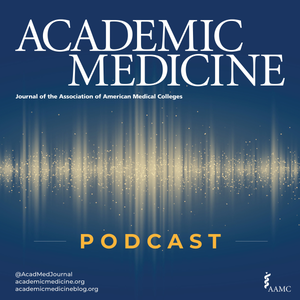 Academic Medicine Podcast
Academic Medicine Podcast
 Outcomes Rocket
Outcomes Rocket
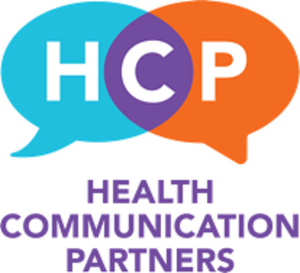 10 Minutes to Better Patient Communication
10 Minutes to Better Patient Communication
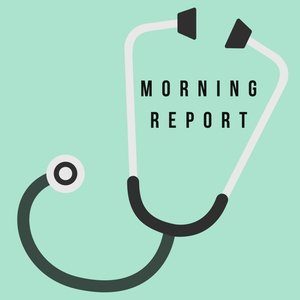 Morning Report
Morning Report
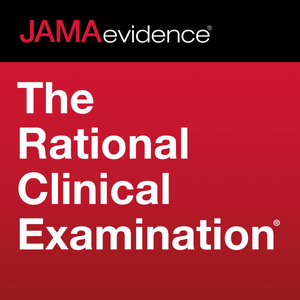 JAMAevidence The Rational Clinical Examination
JAMAevidence The Rational Clinical Examination
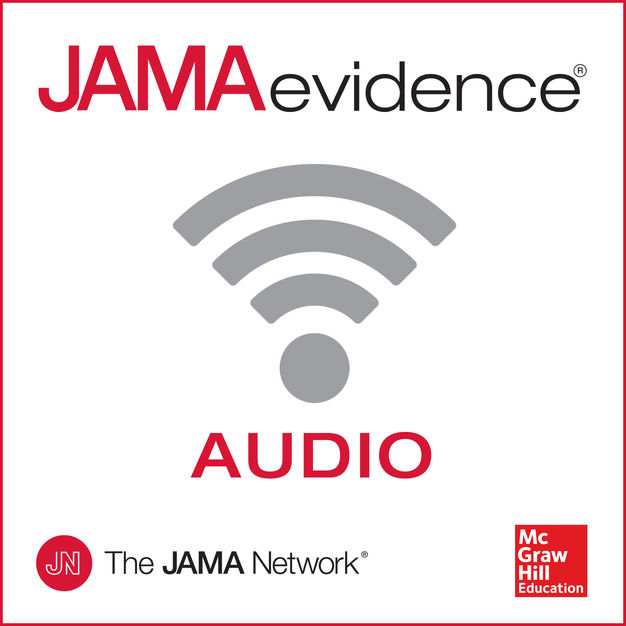 JAMAevidence: Using Evidence to Improve Care
JAMAevidence: Using Evidence to Improve Care